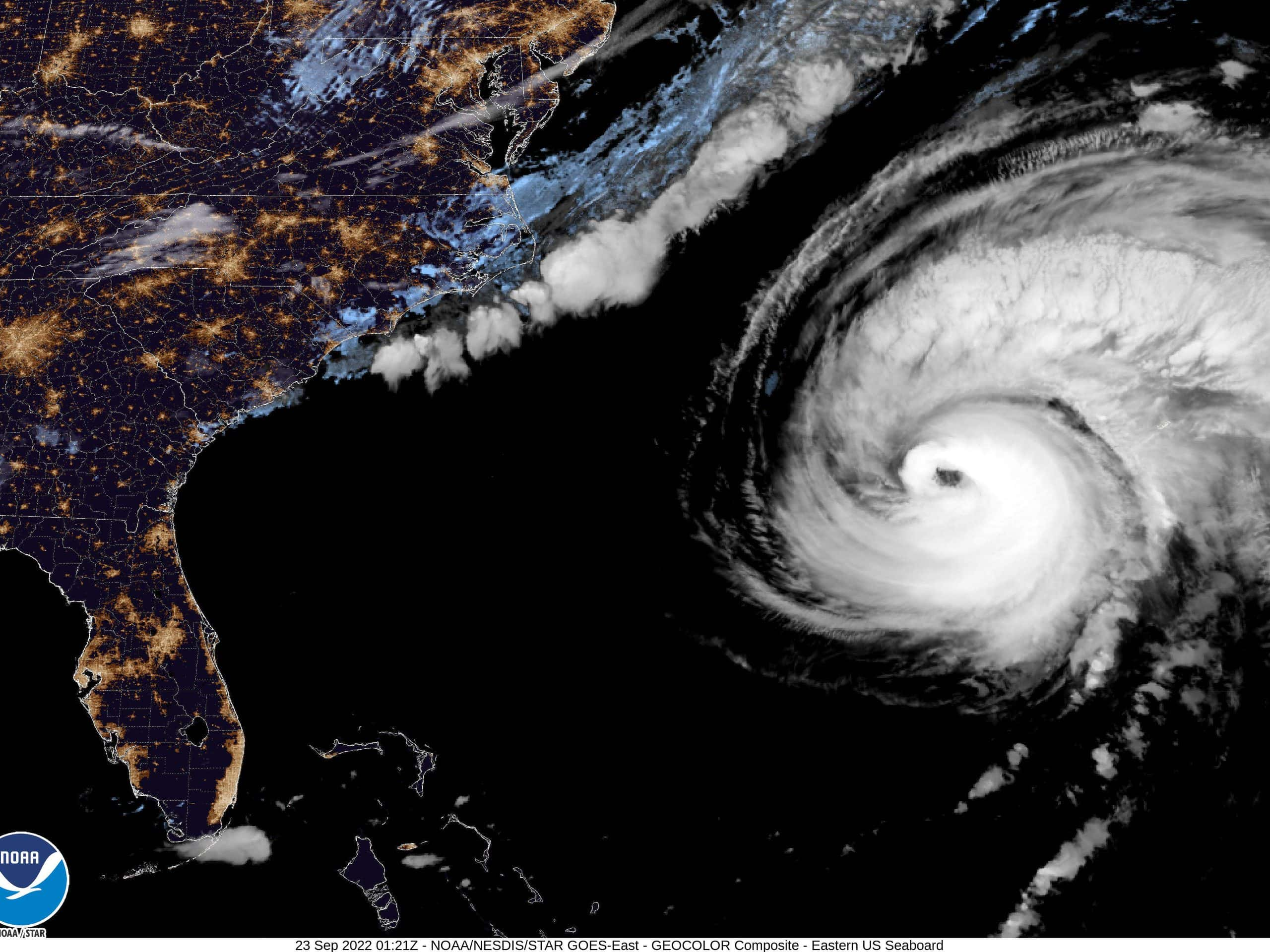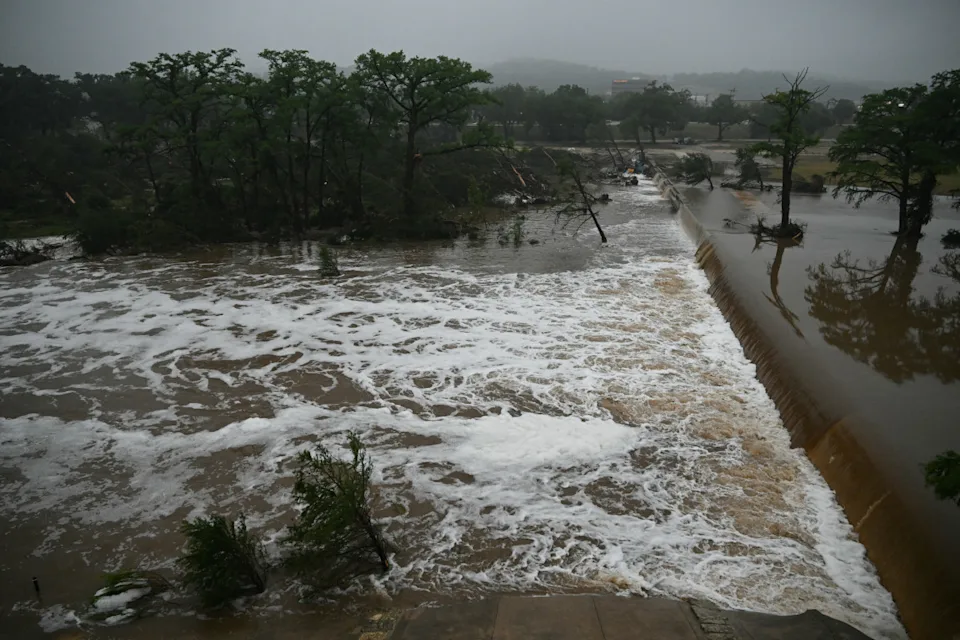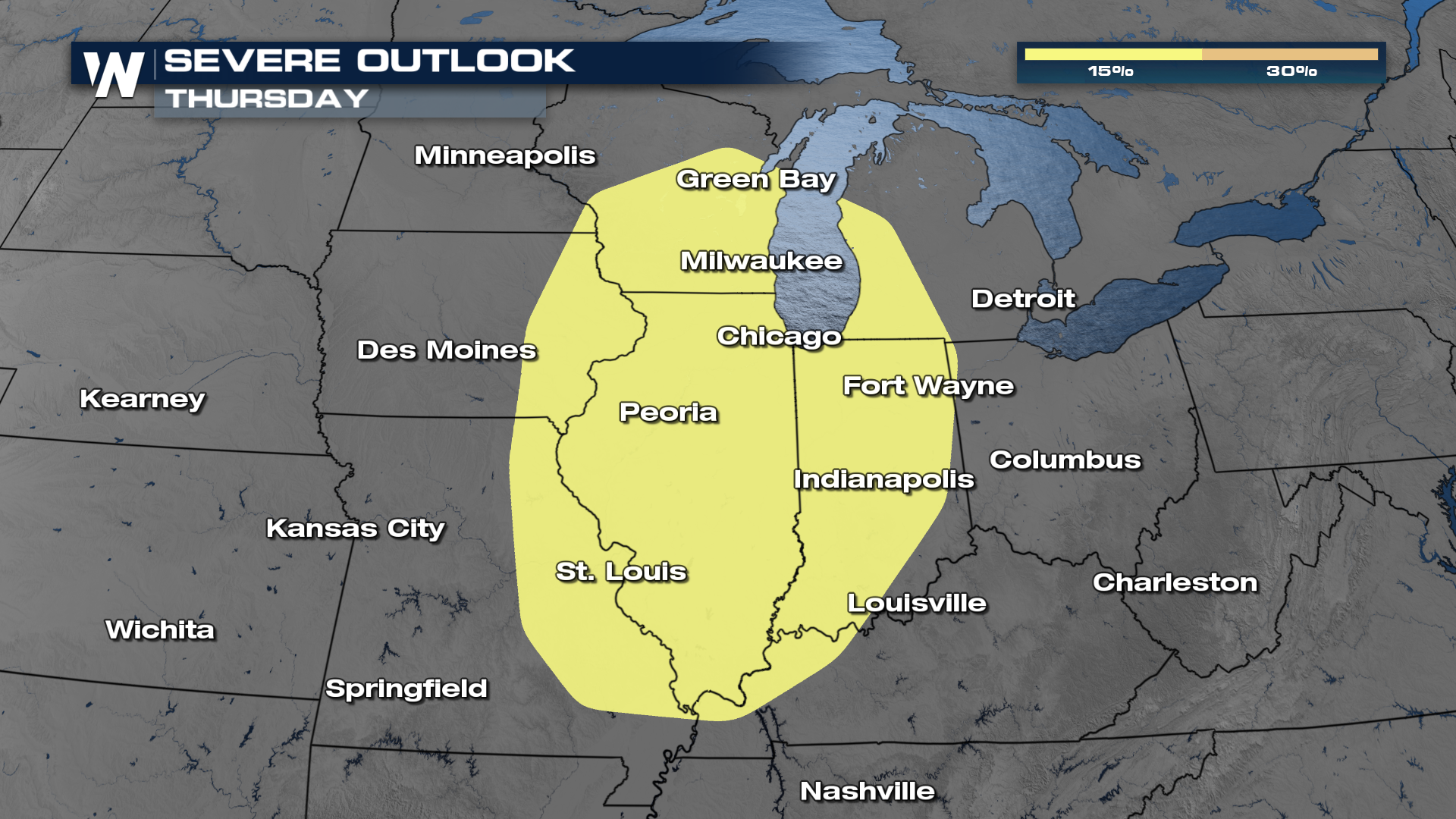This adjustment is based on current oceanic and atmospheric conditions, particularly the exceptionally warm Atlantic sea surface temperatures, which are offsetting the typically constraining factors related to the ongoing El Nino phenomenon.

NOAA’s Climate Prediction Center, a branch of the National Weather Service, has revised its forecast for the 2023 Atlantic hurricane season
Now expect it to be above normal inactivity. The likelihood of an above-normal Atlantic hurricane season has been raised from 30% (as predicted in May) to 60%, while the probability of a near-normal season has decreased from 40% to 25%. This update also implies a 15% chance of a below-normal season.
For the entire six-month Atlantic hurricane season ending on November 30, NOAA‘s updated outlook anticipates the formation of 14-21 named storms (with wind speeds of at least 39 mph), of which 6-11 could intensify into hurricanes (with wind speeds of at least 74 mph), including 2-5 major hurricanes (with wind speeds of at least 111 mph). These predictions come with a 70% confidence level and encompass storms that have already formed.
Matthew Rosencrans, the lead Atlantic hurricane season forecaster at NOAA’s Climate Prediction Center, attributed the increased activity to the ongoing El Nino and warm Atlantic sea surface temperatures
He urged everyone to prepare for the continuing Atlantic hurricane season.
Despite the presence of El Nino, conditions that typically inhibit tropical activity have been slow to materialize, raising concerns among climate scientists. Other contributing factors to this updated forecast include below-normal wind shear, slightly below-normal Atlantic trade winds, and a near- or above-normal West African Monsoon.
NOAA emphasizes that their hurricane outlooks pertain to overall seasonal activity and not specific landfalls, which are often influenced by short-term weather patterns.
To enhance forecasting capabilities, NOAA introduced the Hurricane Analysis and Forecast System in June, alongside plans for its eventual adoption as the premier hurricane forecasting model. NOAA encourages residents in vulnerable areas to develop comprehensive hurricane plans and stay informed through official channels as the Atlantic hurricane season progresses.
READ ALSO: Heat Wave This Weekend Sweeping Across Midwest And Mid-Atlantic, Breaking Records




